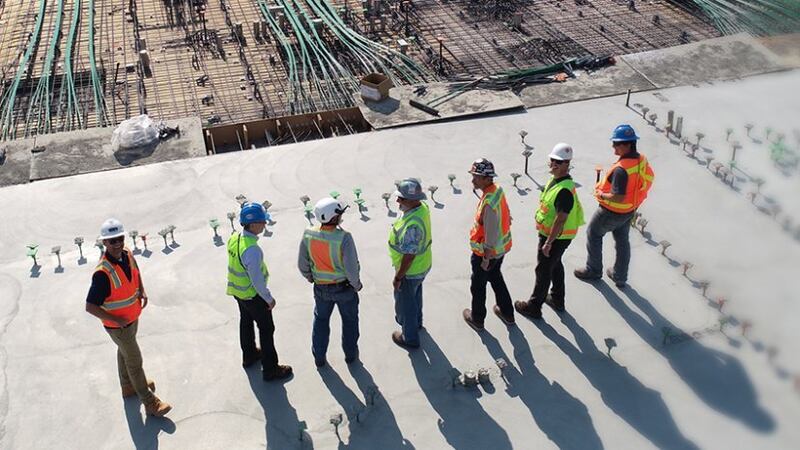Pace has picked up for the engineering and architecture professions to increase diversity. More than 150 firms in both sectors are committed to equity and inclusion as part of a new strategy for The Diversity Agenda, first formulated in 2018.
The Diversity Agenda brings Engineering NZ, the New Zealand Institute of Architects and ACE NZ together. When it launched, the group had an initial goal of 20% more women engineers and architects but has now added purposes beyond gender to encapsulate everything to do with diversity and inclusion.
Dr Brett Ogilvie (Ngāti Whakahemo, Ngāti Awa), a director of Tonkin + Taylor and a member of the steering committee, says a challenge is getting organisations to be more welcoming to strike down the bias around the look of what both professions should be like.
“It’s also working with people outside our industry to get that visibility, to attract them to at least take a look at these professions as options for them.”
On the gender pay gap of 9% released on Monday, Ogilvie says Tonkin + Taylor has “done reasonably well” to close that gap, at 1% “either way”. Meanwhile, he says others aren’t as fast but they know what they need to do to reach it.
Including everyone in the engineer and architecture spaces.
Bigger challenge for Māori
“The fact some organisations are already there gives them that role model, tuakana/teina relationship so they can learn and see what others are doing.
“In terms of Māori, it’s a bigger challenge. We’ve got a smaller representation compared to the population, in general, than other aspects of diversity. There’s been good work going on, really starting from the fundamentals around the understanding of te ao Māori, around tikanga Māori, around te reo Māori.
“We’re opening up channels other than the traditional ones for Māori to enter the industry. That’s been really good to see.”
Ogilvie says most organisations who work on behalf of government, are agents or extensions of the crown, and so, as "de facto" treaty partners, have an obligation to work better with Māori and commit to Te Tiriti o Waitangi.
“As good Treaty partners or agents for a Treaty partner, creating space for Māori to participate in the industry is a key thing.”


